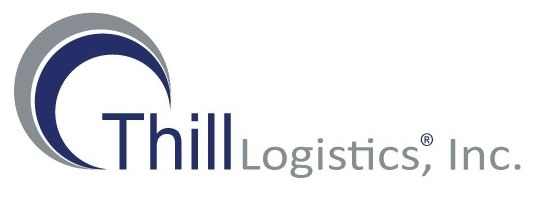 In the series X-Files, we are introduced to Agents Scully and Mulder. With each new episode, these two FBI agents uncover many strange events and learn more about a growing conspiracy to hide similar encounters from the public. The show benefitted from the public’s mistrust of mega-institutions and the government at the time, even popularizing catchphrases like, “The Truth is out there” and “Trust no one”. As our modern society becomes more and more connected to one another through social media networks, instant messaging, and even YouTube, however, we remain somewhat lackadaisical when it comes to securing information about ourselves from entities such as these.
In the series X-Files, we are introduced to Agents Scully and Mulder. With each new episode, these two FBI agents uncover many strange events and learn more about a growing conspiracy to hide similar encounters from the public. The show benefitted from the public’s mistrust of mega-institutions and the government at the time, even popularizing catchphrases like, “The Truth is out there” and “Trust no one”. As our modern society becomes more and more connected to one another through social media networks, instant messaging, and even YouTube, however, we remain somewhat lackadaisical when it comes to securing information about ourselves from entities such as these.
At times, I too have been guilty of revealing too much information about myself. I struggle with a need to maintain the balance between transparency and privacy. I want to remain open to my readers, and yet I still want to hold on to my secrets too. That said, there still remains the looming fact about there is information about us online that we might not know is out there—information such as unclaimed property and old accounts that have long been forgotten.
Several weeks ago, I even found early court cases about a doctor that I once saw. They outlined stuff involving his residency in another state. Ultimately, the charges were dropped a few years later. And fortunately for me, the doctor doesn’t appear to be part of some baby conspiracy as in the X-files show. But come to think of it though, the doctor did disappear rather mysteriously a few weeks ago. The hospital doesn’t even know where he went. You don’t suppose?
Joking aside, I suppose what is more frightening is the accessibility to address information through mapping services. A few months ago, for example, through some Mulder like research of my own, I found the very address of a lady is Washington State who is inadvertently signing me up for email advertising. What should really scare people is the fact that I was even given a street level photo of the outside of her house and her neighbors’ homes.
It seems that businesses and governments are not immune to information mining either. We really do need to learn from the lessons that WikiLeaks provided. WikiLeaks, if you remember, released pages and pages of government electronic documents and other forms of media regarding the U.S. wars in Baghdad and Afganistan. It published files regarding Guantanamo Bay. And who could forget the CableGate of 2010? Ironically, almost a year later, WikiLeaks itself became a victim as some of its encrypted archive became public via Bittorrent for several months. And the key to decrypt the data was supposedly available if you “knew where to look”.
But what can we do to protect ourselves, besides starting a local chapter of The Lone Gunmen and constantly monitor the Internet for keywords about ourselves? It really comes down to controlling or governing ourselves and what we reveal. Limiting access is a good start. If you don’t want people to see something, restrict them from viewing the content. But remember that once something has been submitted, publish, or sent on the Internet, it’s out there and is still accessible, regardless of the security you put around it. And granted, you may remove or delete that content, but I myself was surprised at the actual longevity of information as it is shared, archived, and mirrored across viewers. So even if you’re writing an email addressed to a specific person or commented to a post shared to a limited group of people, write everything so as to not embarrass yourself (and the people you work with) if that information were to ever get revealed. Indeed, the truth is out there, Scully. And truth may be private information about us, our businesses, and our governments.


Pingback: Thill Logisitcs